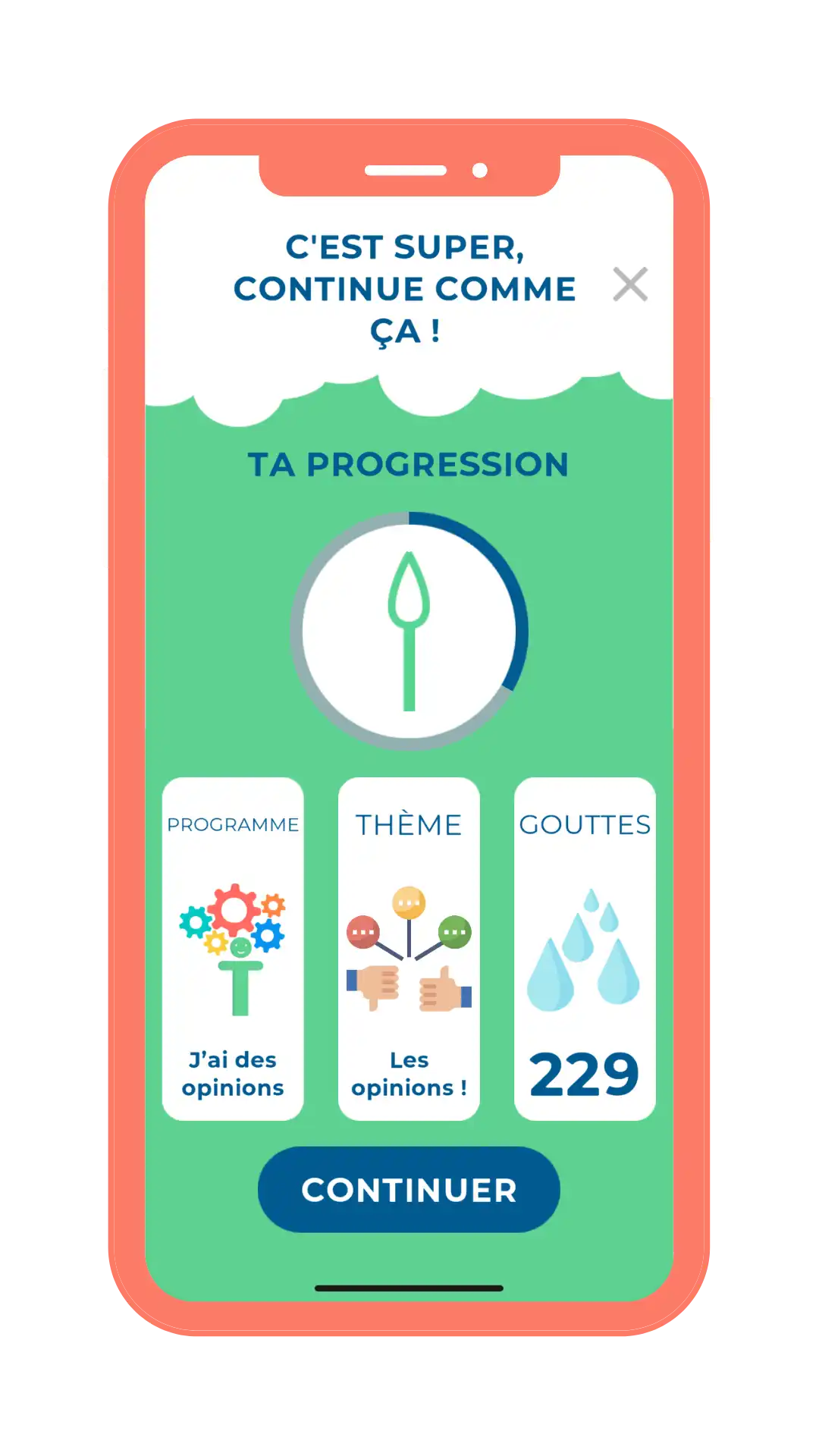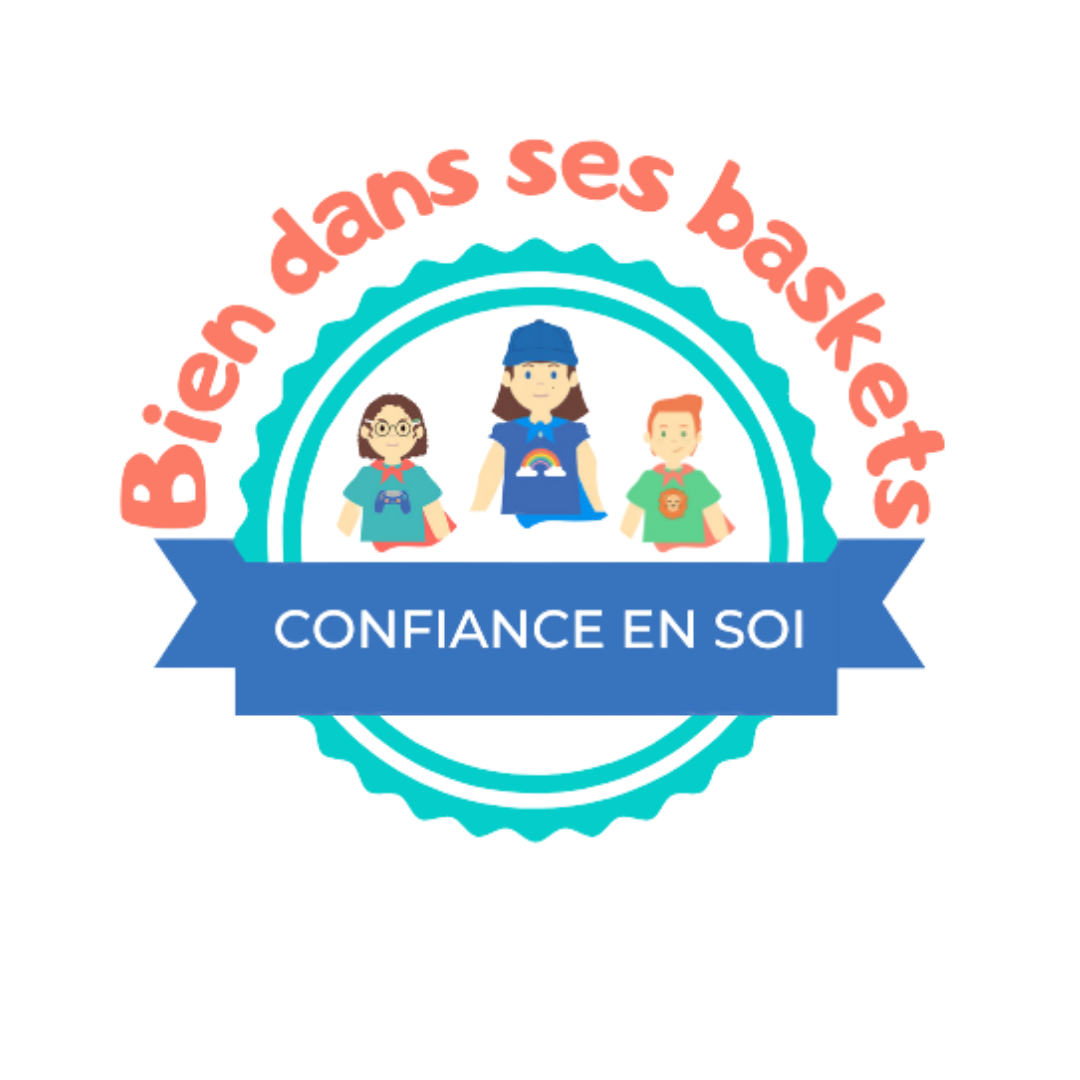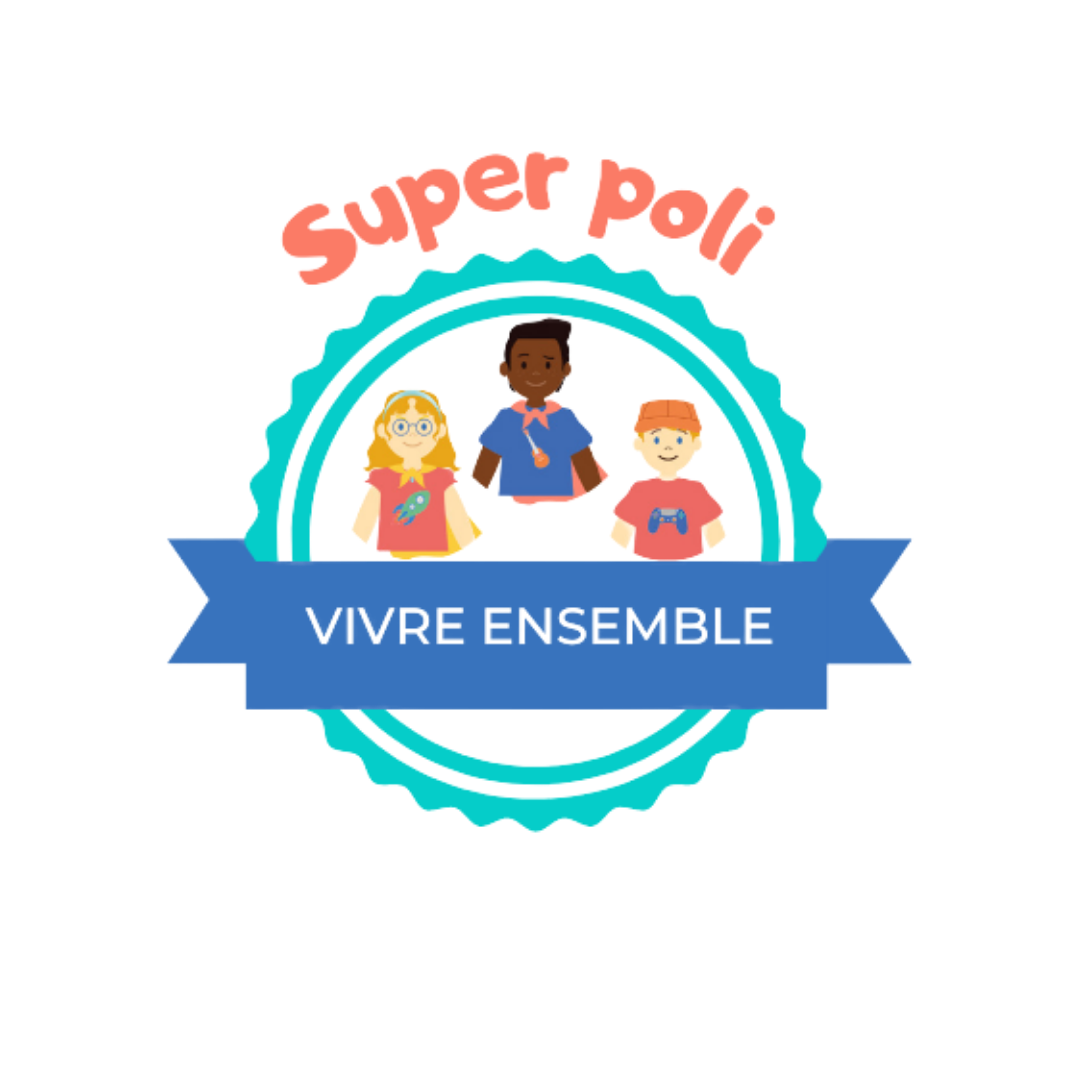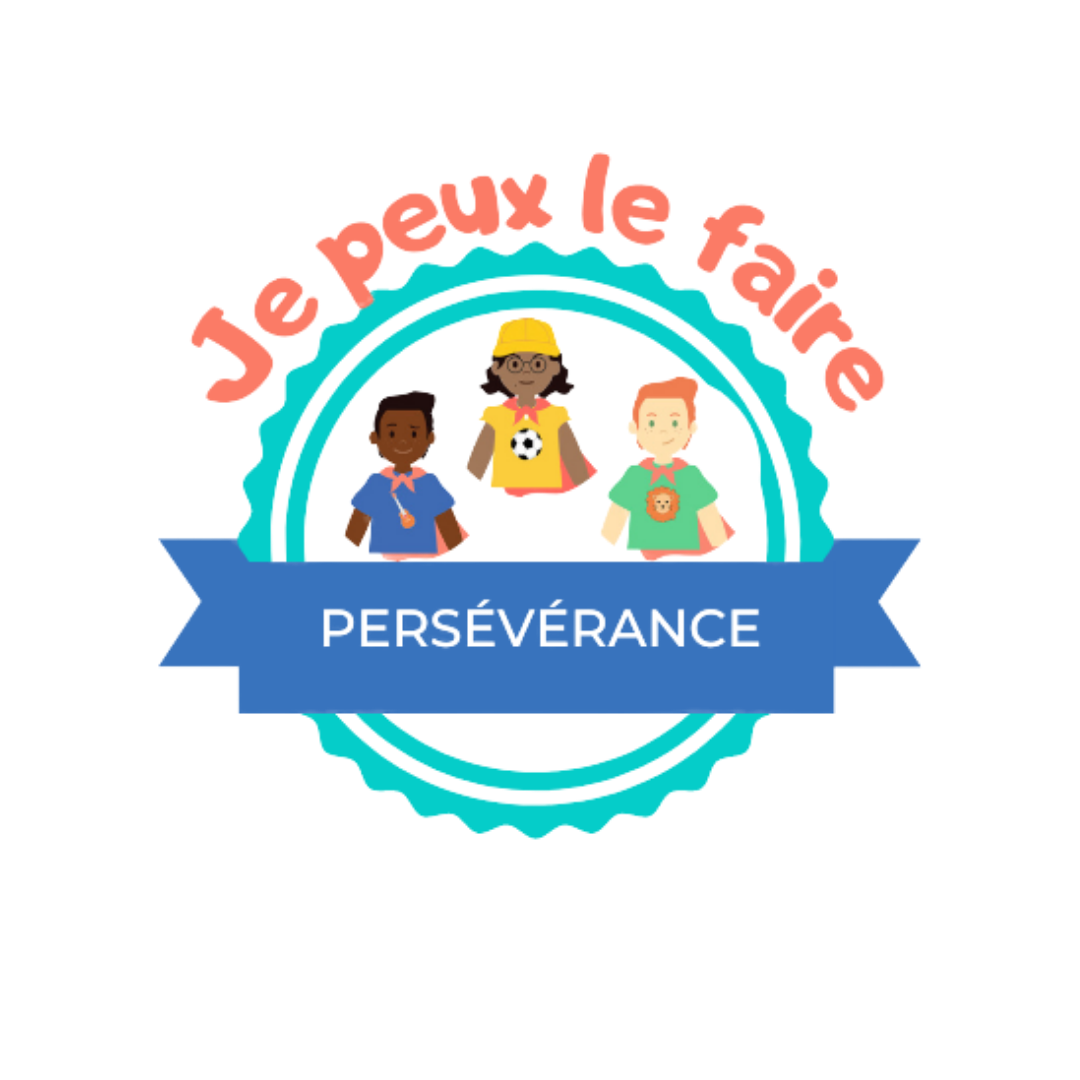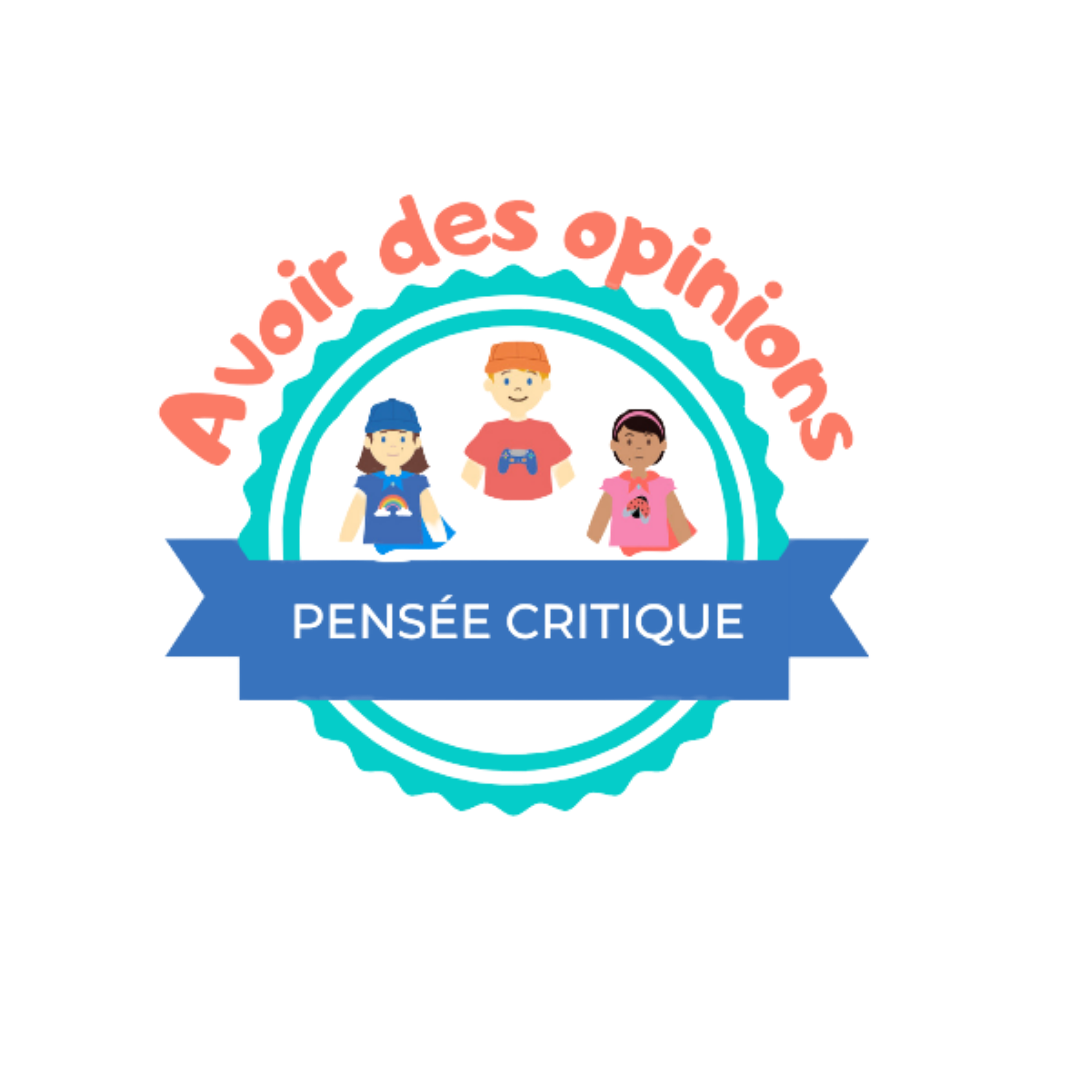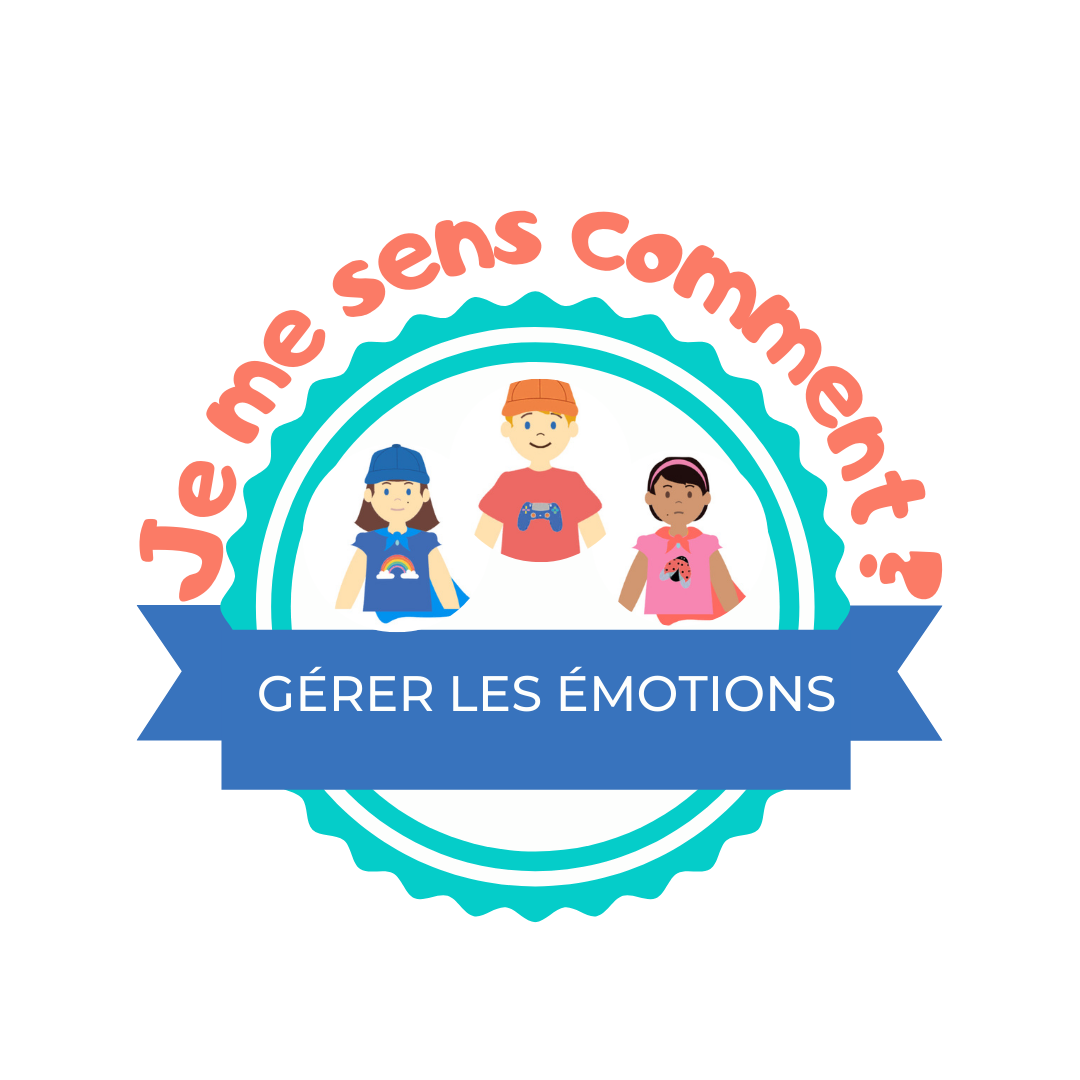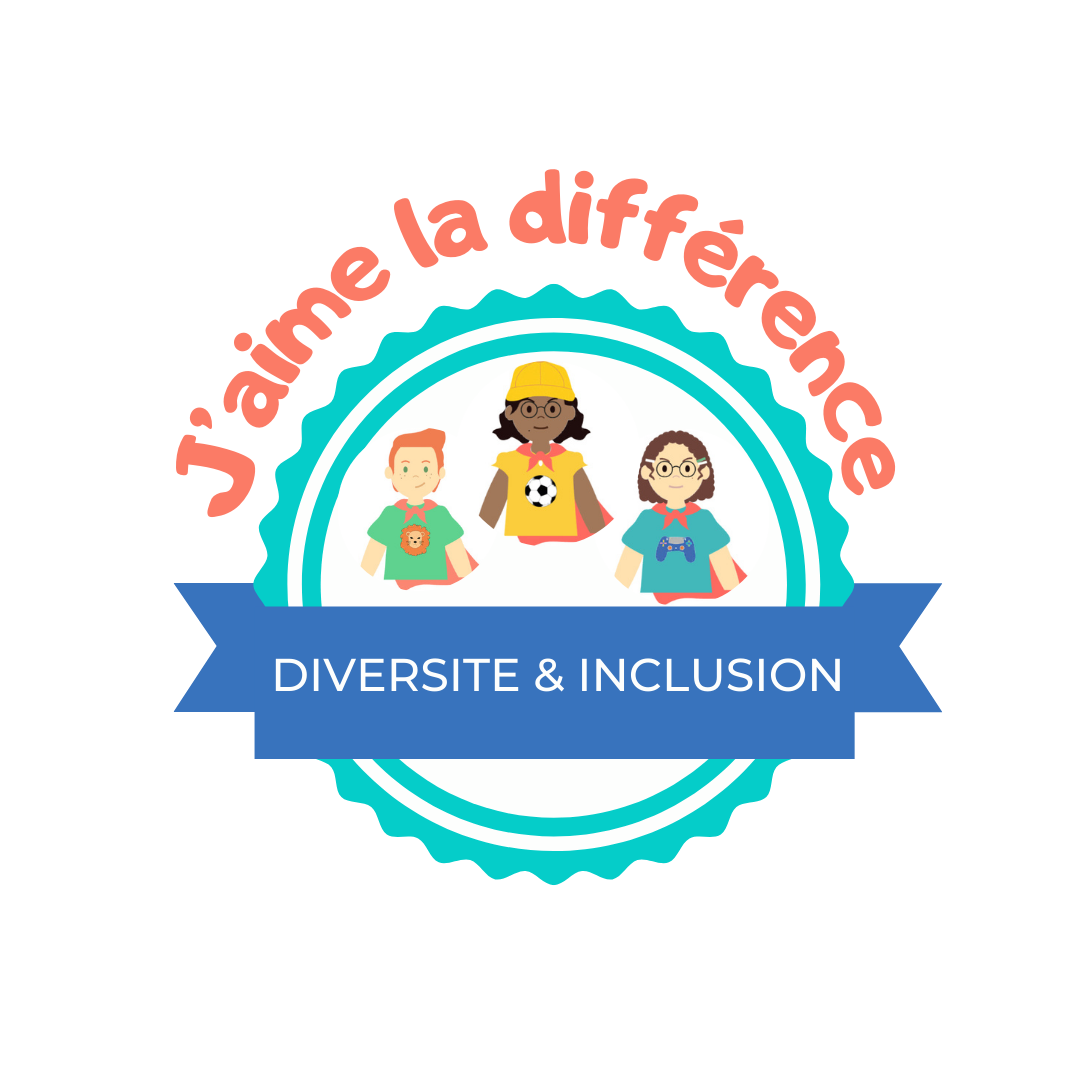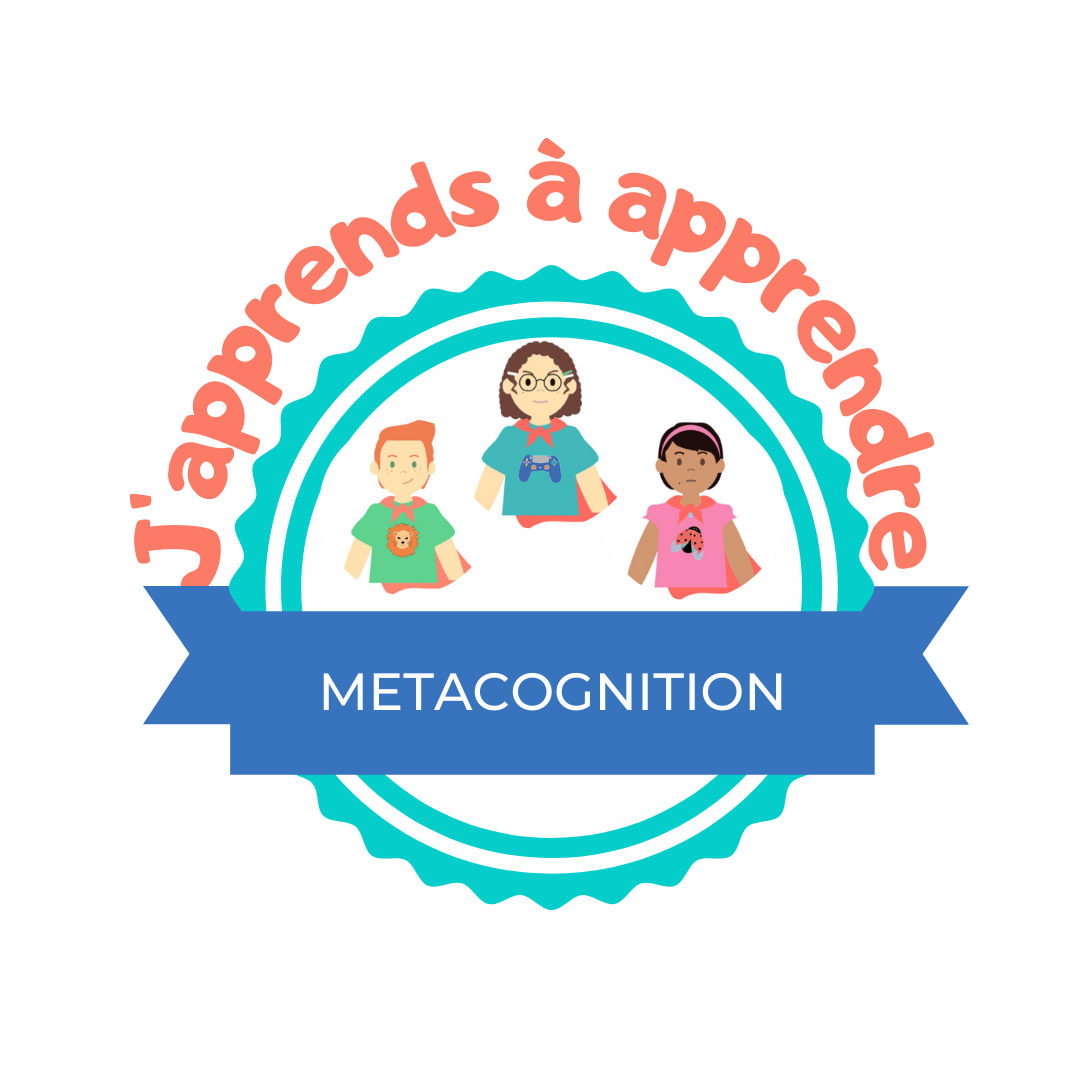metacognition PROGRAM
Would you like to help your students learn better? By helping them discover how their brains work, as well as a methodology and learning strategies, you have the power to teach them how to learn!
what exactly is metacognition?
Metacognition is an individual's personal knowledge of his or her cognitive functioning and ability to regulate learning: planning tasks, evaluating goal attainment, managing learning strategies, etc.
metacognition stronger than qi!
And yes, metacognition has been shown to be a much better predictor of success than IQ.
The good news is that there are many ways to develop your metacognitive skills!
What do the national education programs say?
Domain 2 of the Common Base is entitled "Methods and tools for learning", and is intended to "enable all pupils to learn how to learn, alone or in groups, in class or outside, in order to succeed in their studies and, subsequently, in lifelong learning".
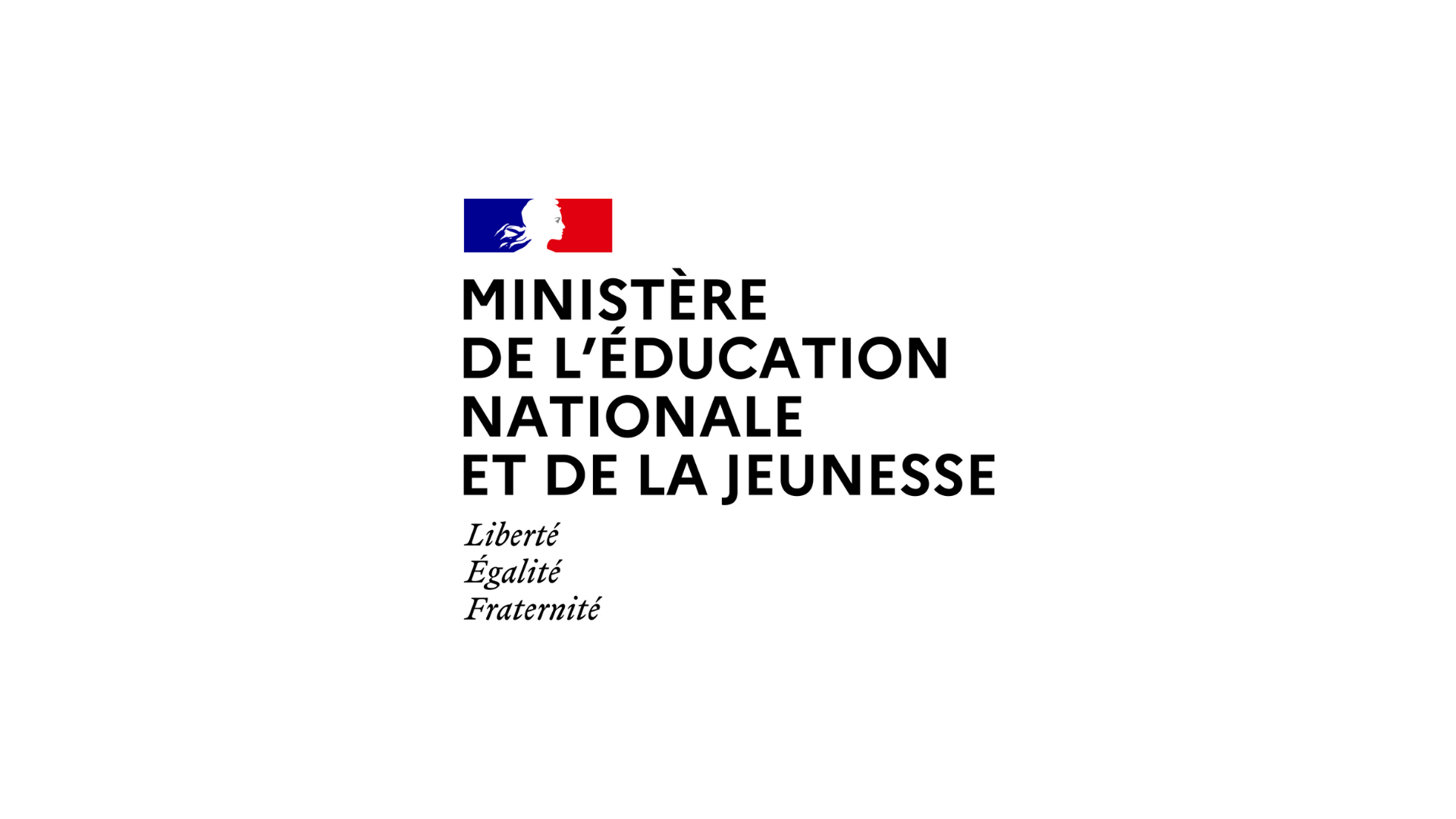
OUR program objectives
The "learning to learn" program addresses the following objectives:
-
- Discover how the brain works
- Get to know your learning style better
- Learn memorization techniques
- Organize and adopt a reflective attitude to learning
The program in detail
Session 1: First, students discover what the brain is made of with a video and a matching game. Then they list the brain's needs with a sorting game. Finally, they end the session by drawing a diagram of the brain.
Session 2: First, questions are posed to help students understand their own way of working. Next, the class discovers methodological principles to promote memorization with a True/False game.
.
Session 3: This session introduces different memorization techniques: by association with a matching game, with mnemonic phrases with an ordering game, and a mental visualization technique with a sophrology exercise. Next, children take up a challenge by inventing their own story to memorize a list of words.
Session 4: The aim of this session is to learn how to pay attention to one's organization, methodology and feelings while learning, and to put these principles into practice by memorizing a poem.
Session 5: Students continue their methodological and reflective work with mini-videos and a maze game. They also look at how they revise an assessment. Finally, two problems will lead them to question themselves in order to understand an approach and check the validity of an answer.
Or, they make an estimometer for everyday use, to become aware of their metacognitive feelings.
Session 6: A group assessment is held to take stock of what has been learned in terms of metacognition, and a summary is completed to keep a written record.
Our edutainment approach
Our approach combines independent games on tablet/computer and classroom activities.
Why use digital technology to work on CPS?
A variety of games enable students to reflect on themselves and discover best practices in concrete, everyday situations.
Ergonomics and easy-to-understand instructions encourage intuitive use by students: sorting games, drag & drop, MCQs, mazes, sophrology, etc.
Then a class activity is proposed. This could be, for example :
> a collective exchange or debate to develop opinions
> a role-playing game to put into practice what has been learned
> a small-group activity to consolidate what has been learned and learn to collaborate
> an artistic activity to develop creativity
> an activity to formalize what has been learned, such as application exercises or the creation of a written record.
A turnkey tool
In your teacher interface, you will have access to all the resources you need to implement the session:
- student tracking charts
- step-by-step teaching guides for easy-to-use sessions
- student materials to be projected or photocopied
- a proposed yearly progression and references to official programs
- instructions for use
To sum up:
The METACOGNITION program provides students with methodological support. By getting them to think about different ways of learning, they understand that they can try out several and adjust them to their personal preferences.
Our edutainment approach develops CPS skills through play, and encourages a reflective attitude and awareness of one's abilities, while avoiding fear of error.


